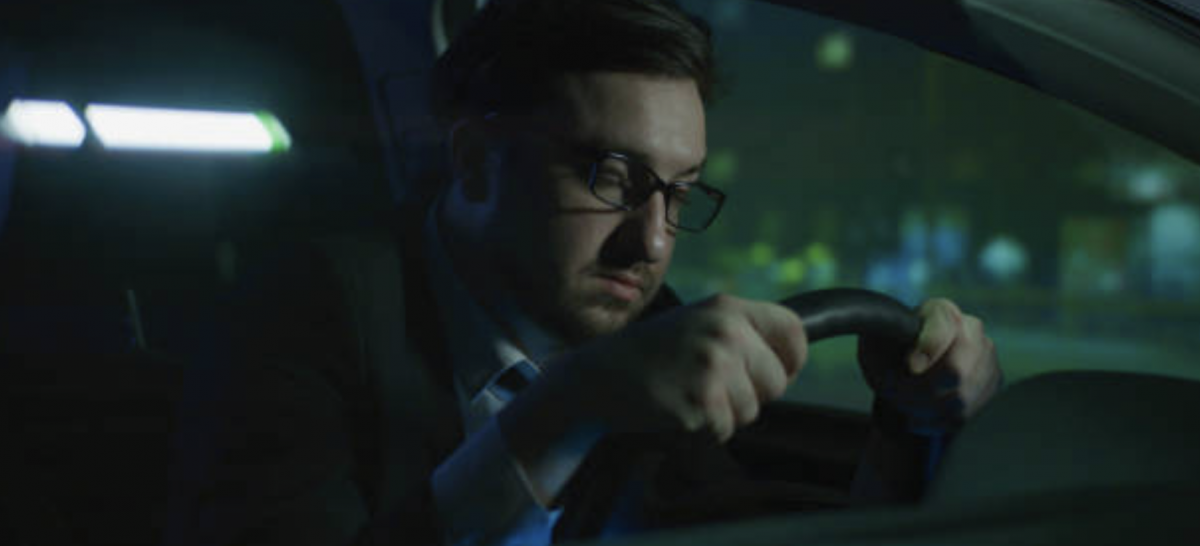<< Back
Don’t Sleep on the Dangers of Drowsy Driving

December 02, 2020
By Dr. Robert Bundy
Medical Director
Center for Sleep Medicine
Windham Hospital
For some of us, driving along Eastern Connecticut’s scenic roads can be relaxing and even enjoyable.
But the line between relaxing and nodding off can become blurred.
An estimated 1 in 25 drivers ages 18 or older report having fallen asleep at the wheel in the previous 30 days, according to the Centers for Disease Control and Prevention.
Drowsy driving is extremely dangerous and can be linked to an untreated sleep or medical disorder. Sleep disorders are characterized as conditions that disturb your normal sleep patterns. There are more than 80 different types of sleep disorders but some of the most common include insomnia, sleep apnea, restless leg syndrome and hypersomnia or difficulty staying awake during the day.
Between 50 million and 70 million American adults are believed to suffer from an undiagnosed and untreated sleep/wake disorder. You may be suffering from a sleep disorder if you:
- Snore loudly.
- Experience depression or forgetfulness.
- Become irritable.
- Suffer from morning fatigue or insomnia.
- Wake up thirsty or with a headache.
In some instances, difficulty sleeping or difficulty staying awake can be a sign of other health concerns including heart disease, lung disease, nerve or pain disorders, depression or anxiety.
If you find yourself nodding off more frequently, now is the time to evaluate your sleep. Adults need at least seven hours of sleep per day and teens need at least eight.
To avoid falling asleep while driving:
- Stick to a consistent sleep schedule.
- Keep a sleep journal. Templates can be found online and help you track how long you sleep during the night, how often and when you wake.
- Talk with your primary care physician about your concerns. Your provider may refer you to a sleep medicine center for an evaluation, sleep study or additional medical testing.
Driving when you are tired can have serious consequences, making it difficult to concentrate on the road, impair your ability to make decisions, slow your reaction time and put yourself and others at risk.
Knowing exactly what it is that is causing difficulty sleeping could be just what you need to help get a good night’s rest.
Dr. Robert Bundy is a board-certified pulmonologist and the Medical Director of the Center for Sleep Medicine at Windham Hospital, which is accredited by the American Academy of Sleep Medicine. For more information, click here. This column first appeared in the Nov. 24 edition of the Willimantic Chronicle.